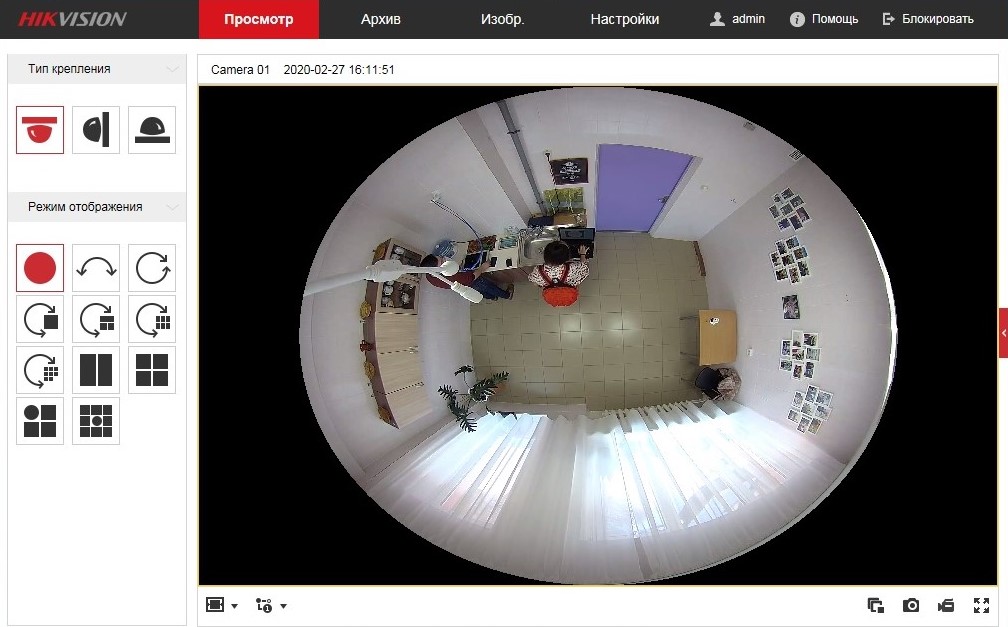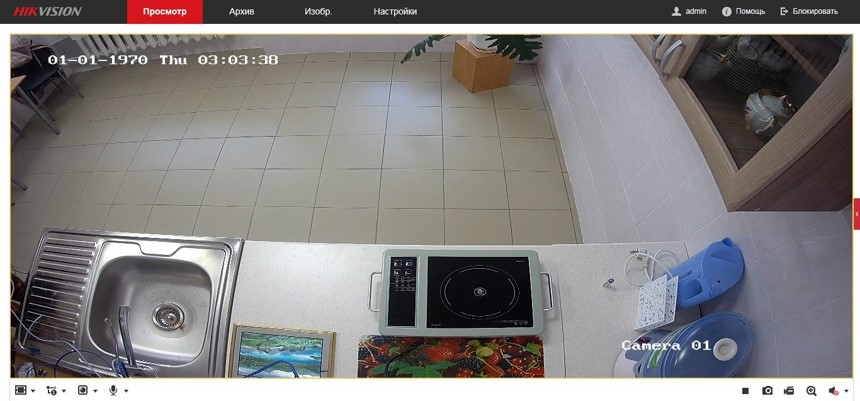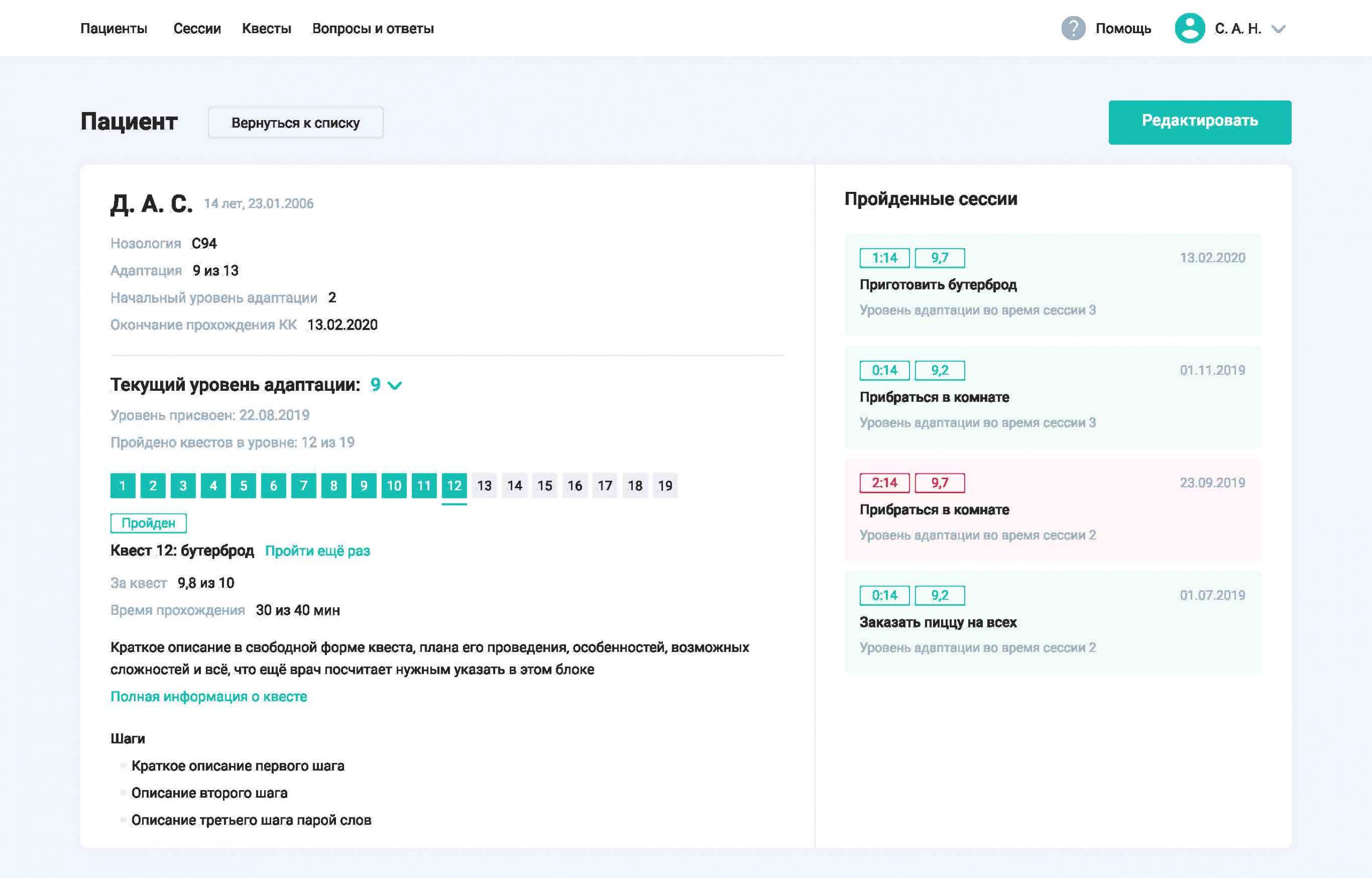Information system and database for the intervention program at neuropsychiatric hospitals

Task
The social adaptation of patients diagnosed with psychiatric conditions within the NPH is a lengthy process that necessitates a high level of care, attention, and individual involvement from the nursing staff. A significant challenge is the lack of adequately trained personnel in NPHs, which hinders the gradual and permanent social integration of residents.
The objective of the ISSDP Laboratory team was to develop an IT solution for the collection and analysis of data pertaining to the adaptation process of patients. The information obtained should form the basis for the development of a comprehensive program for the enhancement of the adaptive capacity of service recipients with psychiatric diagnoses, with the objective of preparing them for accompanied living outside the neuropsychiatric hospital.
The project is implemented as part of the ‘School of Mutual Aid’ innovative project of the St. Petersburg Committee for Social Policy, on the basis of the St. Petersburg Neuropsychiatric Hospital No. 9, in partnership with the ‘Mir Detstva’ socially oriented non-profit organization.
Solution
As part of the project, the concept of the Quest Room intervention program was developed. The program is designed to facilitate the acquisition of skills related to daily living activities in the kitchen by patients of neuropsychiatric hospitals (or similar medical institutions) suffering from various neuropsychiatric diseases. This is intended to foster confidence in their abilities and readiness for self-care, with the ultimate objective of facilitating a smooth transition to accompanied living, which is to be achieved with the least stress for the patients.
The ISSDP Laboratory has equipped the quest room (kitchen) with an audio and video surveillance system. Currently, the Laboratory is engaged in creating a database. As sessions are conducted, an information database of reactions, questions, and difficulties that arise among patients with a particular nosology in a particular situation is being accumulated. Additionally, an information system is being developed, which will provide comprehensive support for the project in all areas.
The Quest Room project will, to some extent, address the need for the constant presence of on-duty staff in the area of independent living of NPH service recipients. Furthermore, it will be one of the ways to gradually develop the adaptive potential of service recipients with psychiatric diagnoses in order to prepare them for the accompanied living format outside the neuropsychiatric hospital.
Details
The role of the quest room in NPH No. 9 is fulfilled by the kitchen, which is equipped with the requisite furniture, inventory, and groceries. Additionally, it is equipped with a video and audio surveillance system that is connected to the office of the doctor on duty.

The kitchen offers an intervention program comprising a series of scenarios designed to equip patients with the skills required to prepare simple meals and to facilitate the development of their daily living and self-care abilities.

As sessions proceed and patients are observed, NPH staff enter data into the information system, thereby accumulating a repository of reactions, questions, and difficulties that arise for patients with a specific nosological classification in diverse circumstances. Audio and video equipment can be utilized to record both verbal and non-verbal reactions exhibited by patients in response to challenges.
The system, which has been developed with the specific purpose of supporting the intervention program, will comprise a database of patients, perform the functions of collecting and storing information on the actions of participants, and, most importantly, facilitate the creation of an individual adaptation route for each patient. The psychiatrist is able to devise task scenarios and personalized patient development plans and modify the sequence of scenarios and the number of scenarios as required.

One of the project's developmental pathways entails the collection of data regarding the communicative characteristics of patients classified according to their diagnosis. This information will then be used to train an electronic voice assistant. A 'smart speaker' utilizing an intelligent system is capable of recognizing a patient's voice messages pertaining to difficulties encountered in a given household situation. It is then able to analyze the content of the message and respond to the request received or suggest alternative interaction options, such as calling emergency services or a supervisor.
The working group's current objective is to continue the approval process of the intervention program based on the findings of the Quest Room study, with the aim of collecting and subsequently organizing the resulting data.